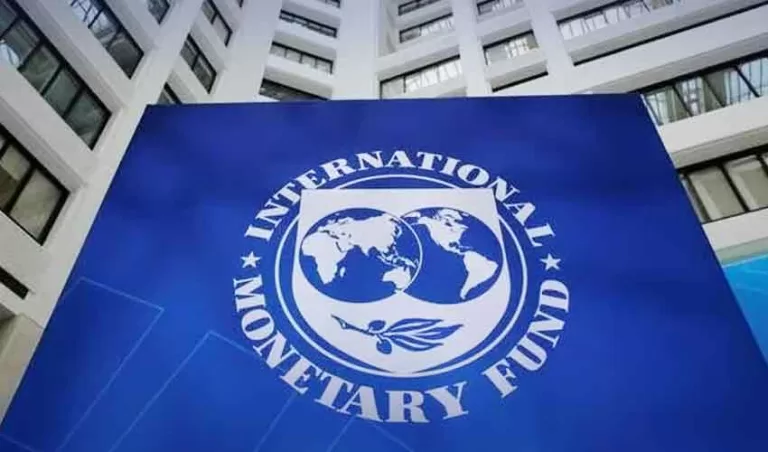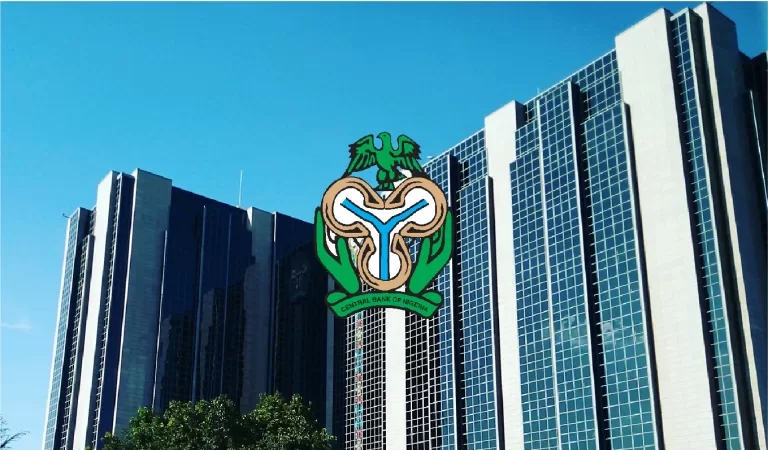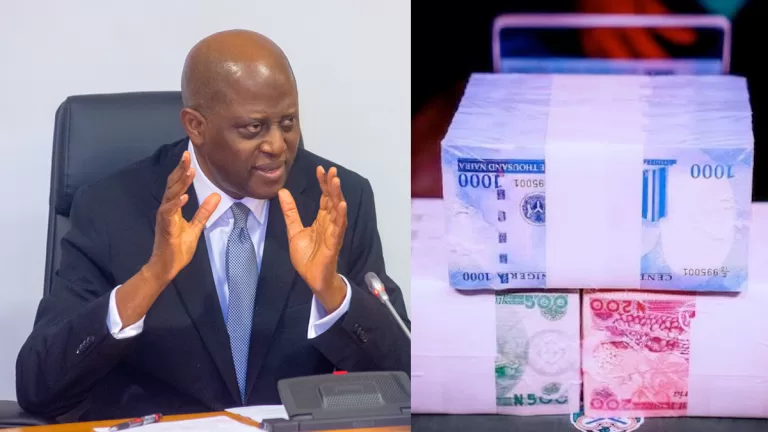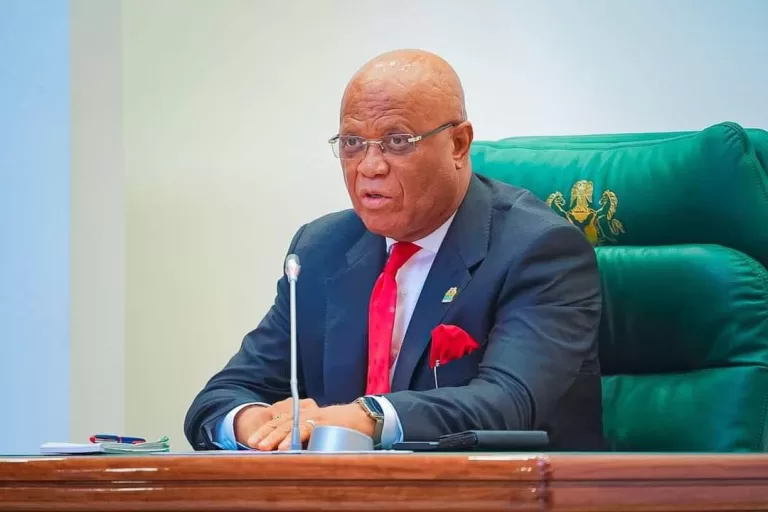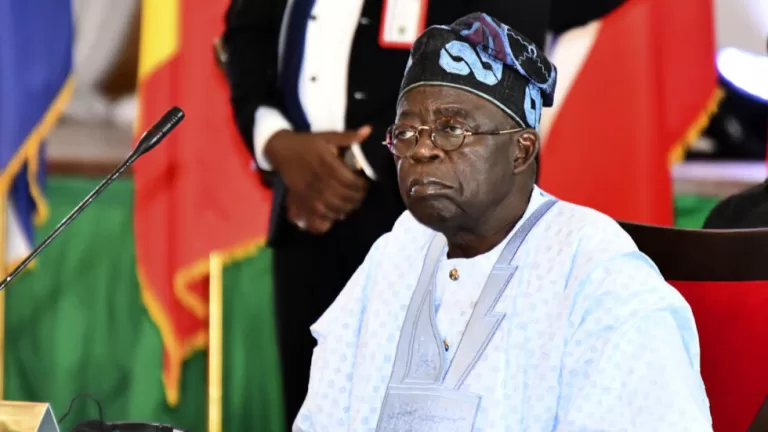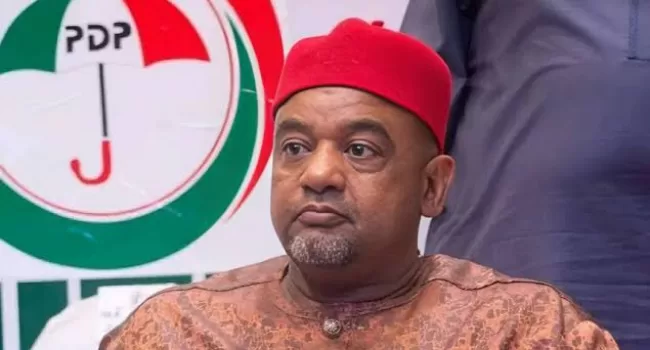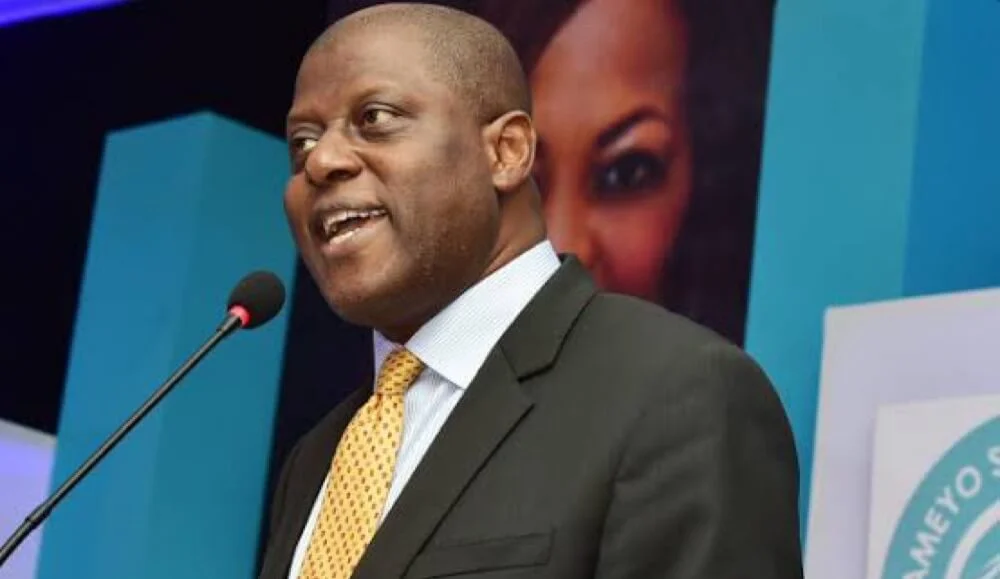
The Governor of the Central Bank of Nigeria (CBN), Olayemi Cardoso, has reiterated the apex bank’s unwavering commitment to ensuring stability in the country’s foreign exchange (FX) market. He emphasized that the CBN remains resolute in identifying and eliminating market participants whose activities undermine the naira’s stability.
Cardoso’s remarks coincided with a marginal depreciation of the naira in the official FX market on Tuesday, where it closed at N1,532.39/$, compared to N1,531.19/$ on Monday—reflecting a slight decline of 0.08%. Despite this movement, the exchange rate remains within a narrow band, suggesting relative stability as the market continues to adjust to ongoing reforms and evolving demand-supply dynamics.
In the Bureau De Change (BDC) segment, the exchange rate remained steady at N1,570/$ on both days, indicating a stable spread between the official and parallel market rates. This stability suggests consistent demand for physical dollars in the informal market, even as the CBN intensifies its regulatory oversight and intervention strategies across FX windows.
CBN’s Strategic Reforms and Market Oversight
The slight depreciation in the official FX market comes amid broader efforts by the CBN to align the market with economic fundamentals. At the February 2025 Monetary Policy Committee (MPC) meeting, Cardoso reaffirmed the central bank’s role in safeguarding the FX market against practices that threaten price stability and investor confidence.
“Given the importance of the exchange rate in controlling inflation, sustaining economic recovery, and ensuring broader financial stability, we must maintain heightened surveillance in the FX market. The CBN remains committed to identifying and eliminating bad actors whose activities distort market integrity,” Cardoso stated in the communique released on Tuesday via the CBN’s official website.
His statement aligns with a series of recent FX market reforms aimed at enhancing transparency, restoring investor confidence, and ensuring a more market-driven exchange rate system. Key initiatives include:
- The Electronic Foreign Exchange Matching System (B-Match): Designed to enhance market transparency and improve price discovery.
- The Nigeria Foreign Exchange Code: A framework promoting ethical conduct and operational efficiency in FX transactions.
FX Market Reforms Yielding Positive Results
Cardoso noted that these reforms are already delivering tangible results, as evidenced by the naira’s relative appreciation and improved FX market liquidity. He attributed these developments to renewed foreign investor confidence, sustained remittance inflows, export proceeds, and increased foreign direct investment (FDI).
Investor sentiment, he added, has shown notable improvement, with demand shifting towards the official FX window as speculative pressures ease.
At the MPC meeting, where the Monetary Policy Rate (MPR) was retained at 27.50%, policymakers reviewed the impact of ongoing monetary and FX policies on inflation and financial stability. The committee observed that tighter monetary conditions, alongside FX reforms, are contributing to a gradual reduction in inflationary pressures, particularly following the rebasing of the Consumer Price Index by the National Bureau of Statistics.
FX Market Vigilance Key to Economic Stability
Despite these improvements, Cardoso acknowledged that the FX market remains a focal point in Nigeria’s macroeconomic landscape. He stressed the need for continuous vigilance and strict regulatory oversight to prevent market distortions.
“Ensuring stability in the FX market is not just a monetary policy objective but a fundamental pillar for broader economic recovery and resilience, particularly as the economy continues to adjust to fiscal reforms and the removal of fuel subsidies,” he stated.
The MPC communique also highlighted broader macroeconomic progress, including:
- A positive current account balance
- Rising oil production levels
- Strengthened external reserves
These factors, Cardoso noted, reinforce the CBN’s capacity to manage market liquidity and defend the naira.
While acknowledging persistent challenges, the CBN governor emphasized that coordinated fiscal and monetary policies, institutional reforms, and robust market surveillance remain crucial to building a resilient and credible financial system.


